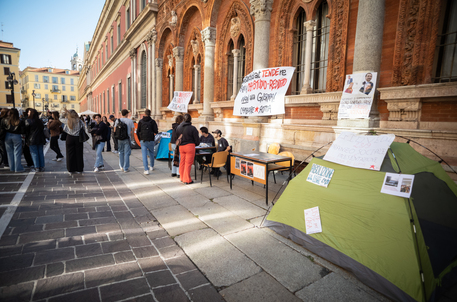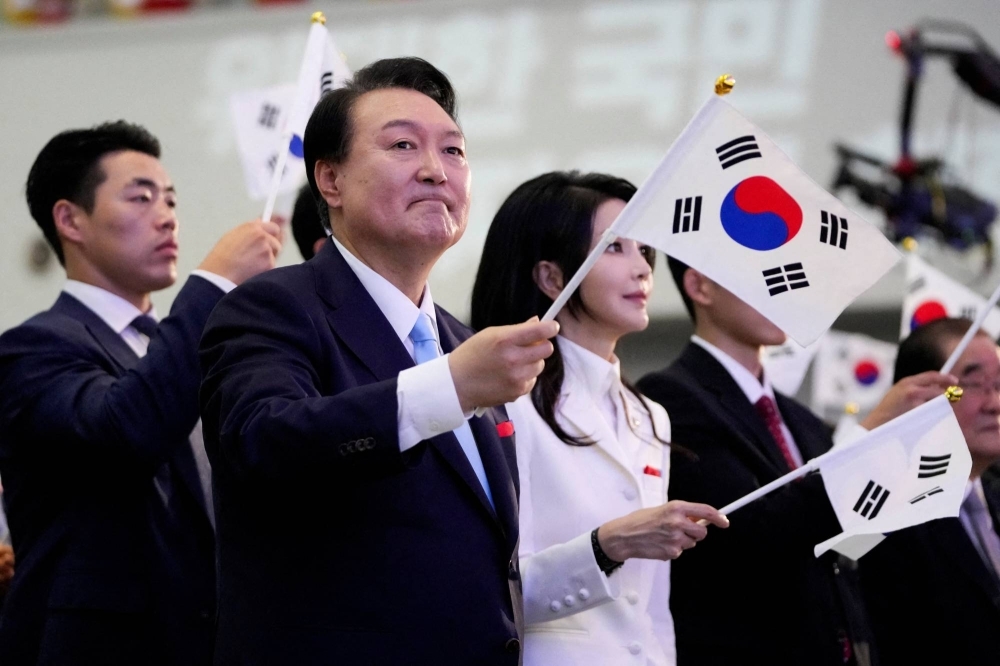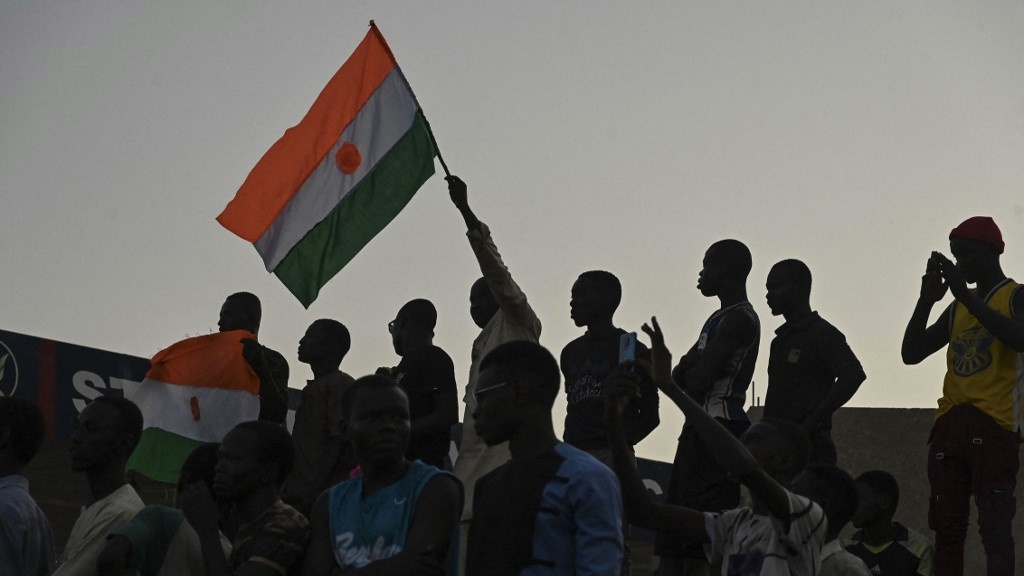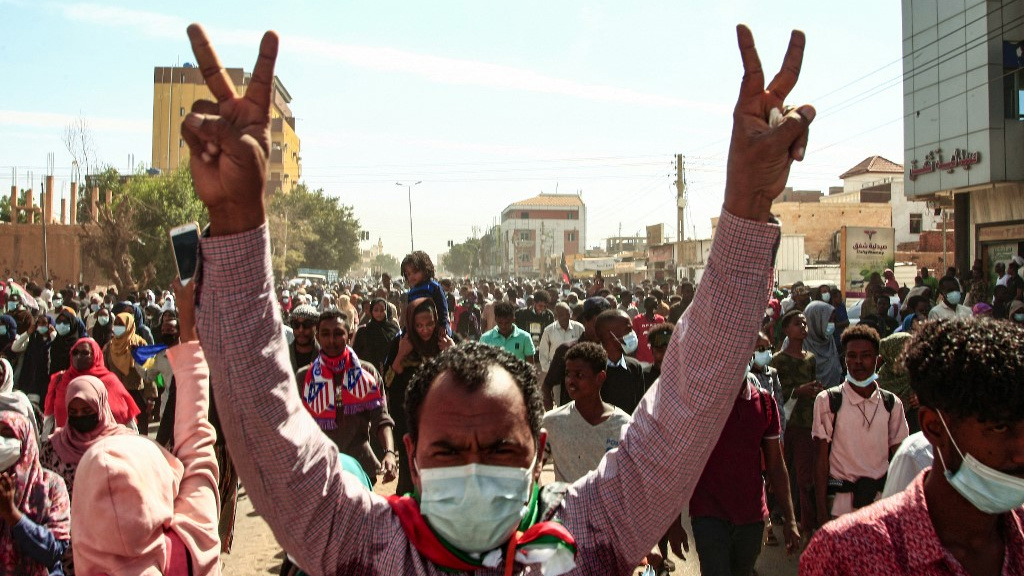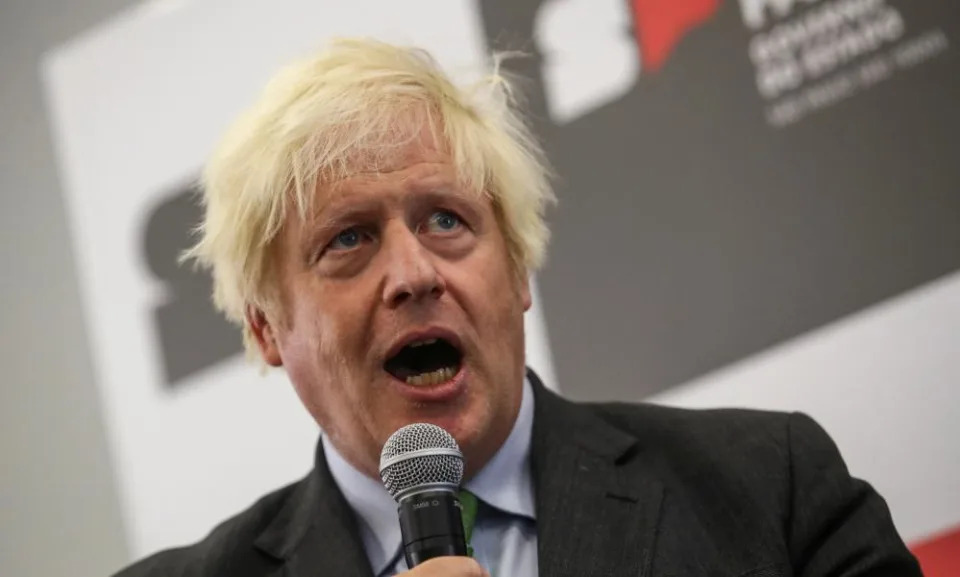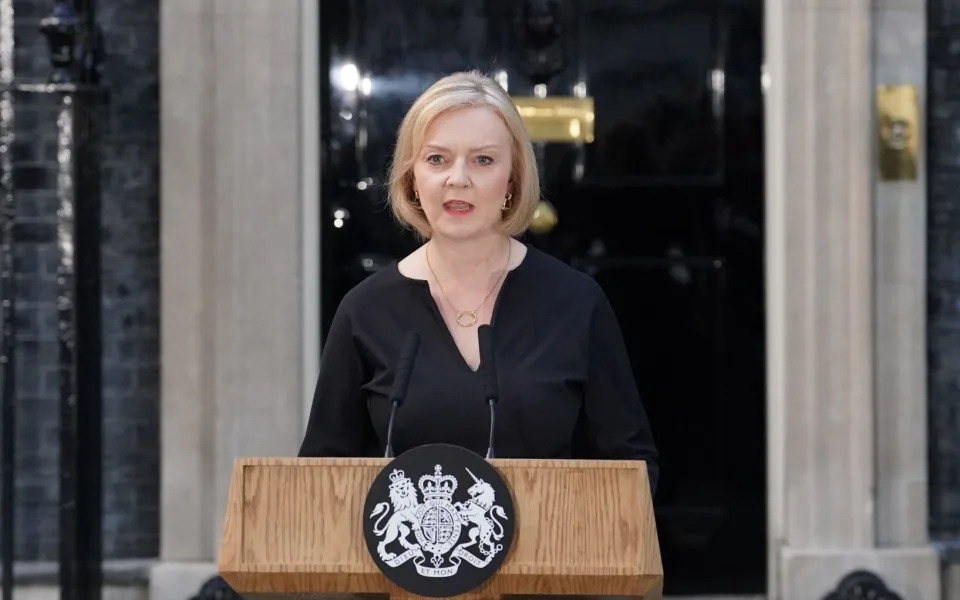Iraq's highest court dissolves Kurdistan region's provincial councils due to 'constitutional violations'
Dana Taib Menmy
Iraq
25 September, 2023
The last time the Kurdistan region held provincial councils was in 2014. New elections were scheduled for 23 July 2018 but were postponed due to disagreements among Kurdish political parties on when to hold them.
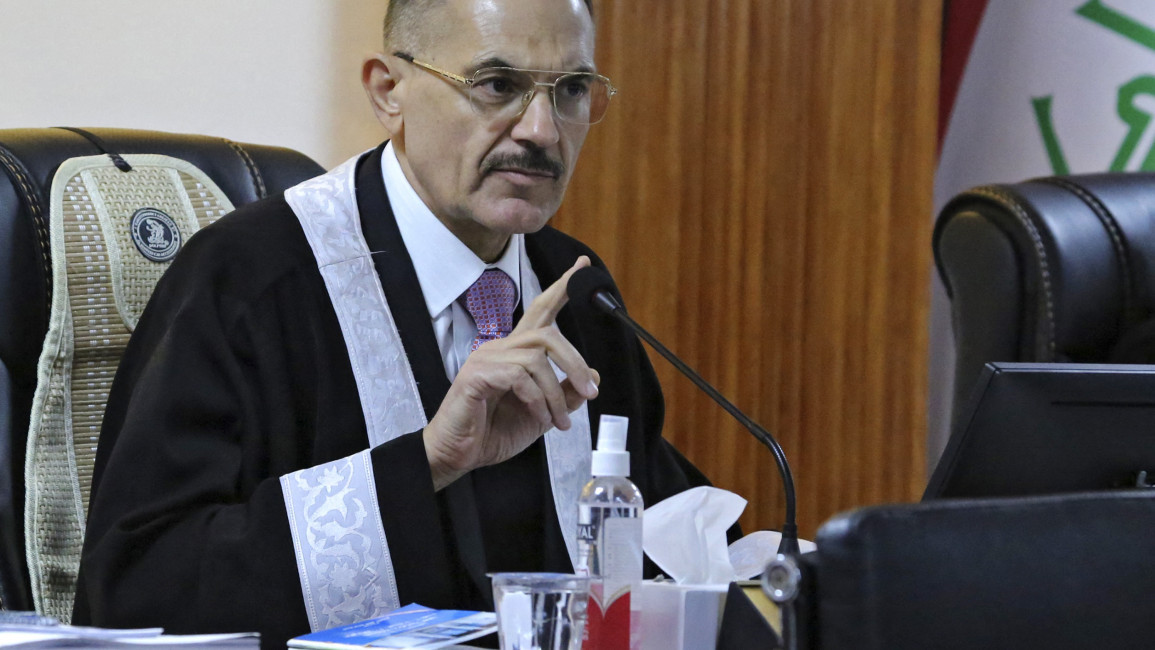
Iraq's Supreme Federal Court on Sunday, 24 September, dissolved the Kurdistan region's provincial councils, indicating that extending the councils' terms was "unconstitutional". [Getty]
Iraq's Supreme Federal Court on Sunday, 24 September, dissolved the Kurdistan region's provincial councils, indicating that extending the councils' terms was "unconstitutional".
"The Supreme Federal Court has ruled the unconstitutionality of Article (2) of Law number (2) of 2019, which is the first amendment to the law for the provincial councils in the Iraqi Kurdistan region number (3) of 2009, for its violation of the provisions of Articles (2 / first / b and c) and (6) of the Constitution of the Republic of Iraq for the year 2005," the court said in a statement.
The last time the Kurdistan region held provincial councils was in 2014. New elections were scheduled for 23 July 2018 but were postponed due to disagreements among Kurdish political parties on when to hold them.
In 2019, the Iraqi Kurdistan parliament amended the law for the region's provincial elections, extending the councils' mandate beyond its four-year legal term.
"Based on the lawsuit we filed, the federal court has decided the unconstitutionality of extending the terms of the regional provincial councils," Srwa Abdulwahid, head of the New Generation opposition party in the Iraqi parliament, wrote on X, previously known as Twitter.
"These councils have been unlawfully receiving salaries for the past five years, so they must reimburse every penny they took from the people's resources without justification. We will not stop and will continue to expose the legal and constitutional violations of the ruling parties in the region," he added.
The New Generation, an opposition party in the Kurdistan region and Iraq was established by former businessman Shaswar Abdulwahid in the wake of the failed Kurdish referendum for independence from Iraq held on 25 September 2017.
"The ruling by Iraq's top court is consistent with the Iraqi constitution and laws, as the terms of the councils were identified for only four years as per law number (3) of 2009. Iraq's constitution stipulates that the right to vote is guaranteed for the Iraqis. Extending the councils without the will of voters is contrary to the principles of the constitution," Farman Hassan, a Kurdish lawyer and writer, told The New Arab.
He ruled out the Kurdish ruling parties from holding fresh provincial elections and stressed that council members should retire as per the court's ruling. He indicated that the councils' dissolution "is not in the interests of locals" but instead in the interests of the Kurdistan Regional Government (KRG), arguing that the councils were regarded as some decentralization from the KRG.
The two main ruling parties in the KRG, Barzani family's the Kurdistan Democratic Party (KDP) and Talabani's family the Patriotic Union of Kurdistan (PUK), had already made the region's municipality councils as an illegal alternative for the region's provincial councils.
Iraq's Federal Supreme Court late in May ruled against extending the term of the Kurdistan region's parliament as contrary to the country's constitution, declaring the Kurdish legislature as terminated.
Iraqi Kurdistan elections were scheduled for late 2022, but disputes between the KDP and the PUK forced the assembly to extend its mandate for another year. Fresh general elections are expected to be held in February 2024.
Iraq is set to hold provincial elections on 18 December across 15 provinces, excluding four provinces in the northern Kurdish region. The regional councils are tasked with providing public services to locals. However, they have often been accused of corruption.
For the first time since 2005, the elections will also be held in Kirkuk's multi-ethnic and oil-rich province, in a constitutionally disputed area between the Kurdistan region and the federal government in Baghdad.




